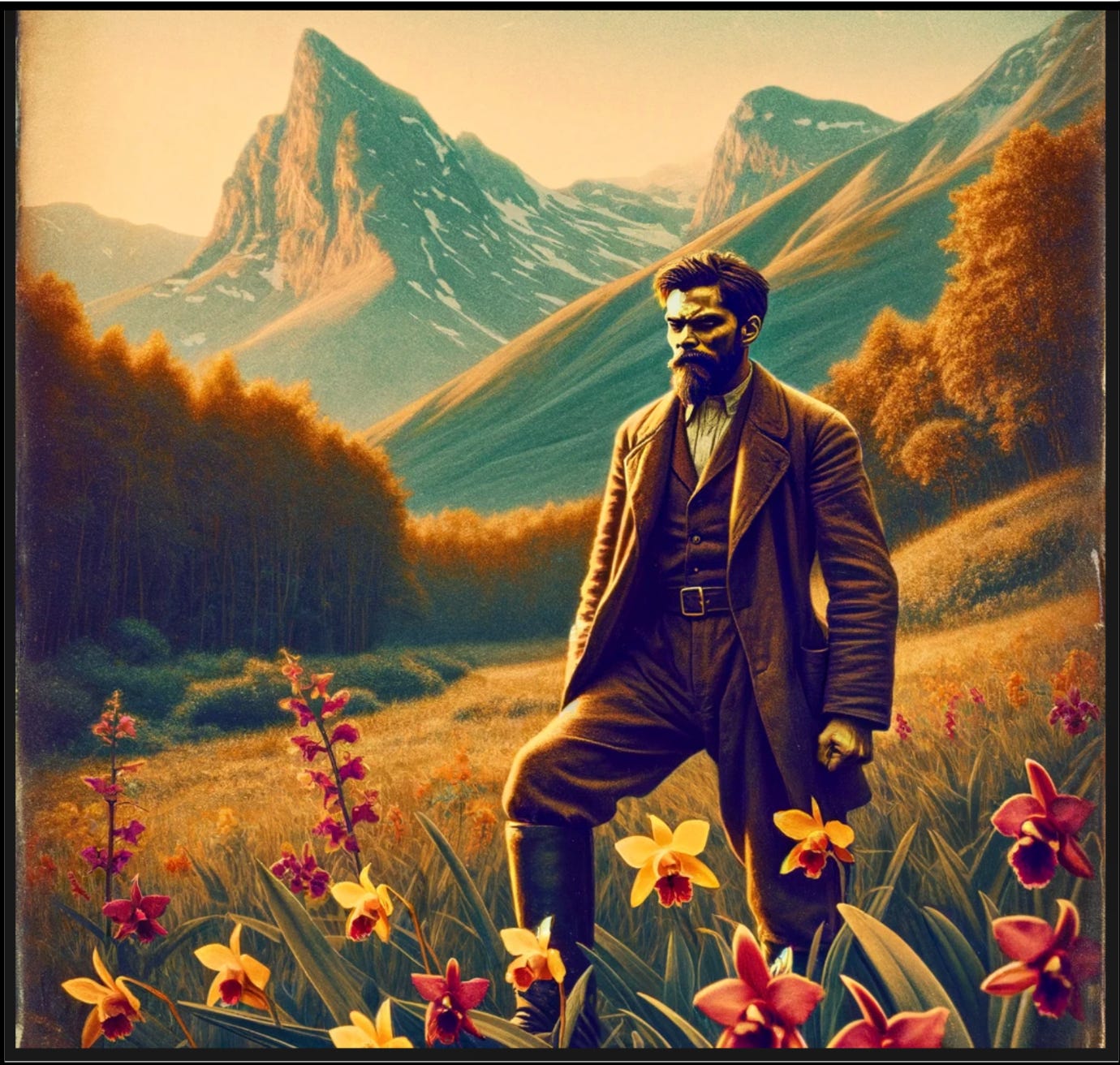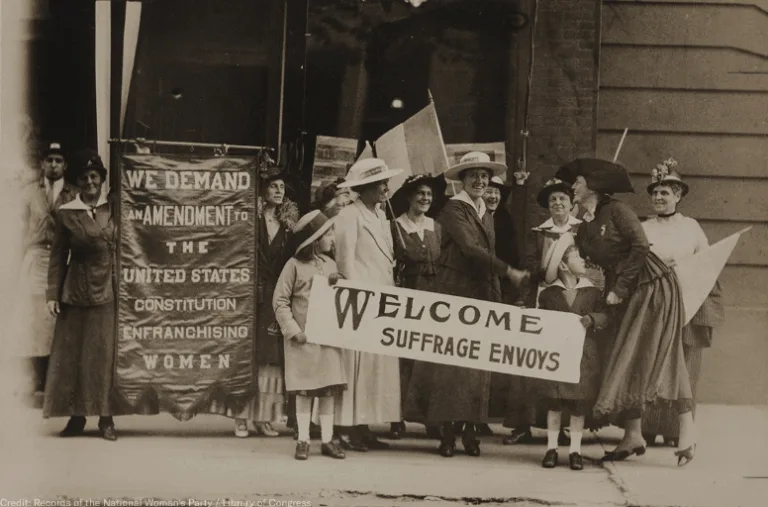Talking Big Ideas.
“Almost everything will work again if you unplug it for a while, including you.”
~ Anne Lamott
MASTERMIND 2025: Join our exclusive VIP membership club to help you achieve your most important goal in 2025. If you’re interested in substantive skill development or know anyone who is, please respond to this email.
***
As a little boy, Richard Rorty figured out the meaning of life.
“I knew that the point of being human was to spend one’s life fighting for social justice,” he wrote.
His parents were dedicated followers of Leon Trotsky, the famous Russian whose ideology embraced permanent revolution. Rorty was nine years old when Trotsky was assassinated, and one of his key secretaries went into hiding – in Rorty’s house.
A close friend of Rorty’s parents, the socialist activist Carlo Tresca, was later shot to death walking down the street in New York City.
Trotsky and Tresca both dedicated and ultimately gave their lives to the cause. Rorty knew this was the correct path. Yet he secretly loved doing “weird” things, like strolling through the mountains and searching for wild orchids.
Surely, Trotksy and Tresca would not approve of such time-wasting activities. What do pretty flowers have to do with permanent revolution?! Childhood certainty gave way to adolescent doubt. Rorty desired to fit in and show the world he was committed to Trotskyism, but he knew there was more inside him than that:
“I wanted a way to be both . . . a nerd recluse and a fighter for justice. I was very confused.”
Richard Rorty would eventually become one of the great philosophers of the 20th century. He wrote perhaps his most classic essay, Trotsky and the Wild Orchids, examining this tension.
We all feel it.
The push to continuously work on projects. The pangs of guilt for basking in leisure. The pressure to conform.

Oliver Burkeman argues in his book Four Thousand Weeks that we spend our time in two distinct ways: telic and atelic activities.
Telic activities have an aim. We do them to improve something, to build or arrive at an enhanced future state. For example, joining a mastermind group, practicing an upcoming speech, taking to the streets to fight for justice.
Our focus with these activities is in the future. We sacrifice relaxing and enjoying today in the hope of creating a better tomorrow.
While personal growth and societal advancement depend on telic activities, our endless pursuit of better results can often overshadow the present. It can be easy to tell ourselves that once all our projects are done, once we’ve got all the results we want, then we can relax and live well.
Except projects and desires are endless.
We never reach the magic moment when everything is in its proper place. If we don’t intentionally pause and step away, our entire lives can be spent sacrificing for a tomorrow that may never arrive. We can spend our whole lives being blasted by the firehose of never-ending to-dos.

Our endless to-dos rob us of time to do what we truly want, often replacing wonder and joy with anxiety and dread.
If we give all our attention to the firehose and the future, to what extent do we enjoy our actual lives? Burkeman argues a meaningful life is, perhaps counterintuitively, filled with atelic pleasures.
Atelic activities have no aim. We simply enjoy them as experiences, like strolling through nature and paying attention to the pretty flowers. The most fulfilling atelic activities are often shared with others, like getting together with loved ones over the holidays, playing games and laughing, and relaxing with nothing to do.
What matters most isn’t how much productive or free time we have but how much we are free to enjoy time doing what we love. And often with people we love.
We often feel the need to stay productive even when we’re supposed to be relaxing. Watch out for the pressure to spend your holidays in a telic state – slogging to learn a new recipe or song, planning New Year’s goals, or stressing over that project at work.
We can even feel obligated to justify simple relaxation as a way to be more productive the next day, as if the only value in leisure is to help us make progress in the future.
The average person lives for about 4,000 weeks, so our time is more limited than it seems. How should we spend it? Burkeman writes:
The world is bursting with wonder, and yet it’s the rare productivity guru who seems to have considered the possibility that the ultimate point of all our frenetic doing might be to experience more of that wonder . . . we yearn for more meaning, yet rarely get around to doing the meaningful things.
Let’s create space over the holidays to do the meaningful things. To ditch our work and relax, to stop focusing on the future and enjoy the present, to replace our anxiety with awe.
As James Clear asks: Six months – or six years – from now, what will you wish you had spent time on this upcoming holiday week?

In his magnum opus, History of the Russian Revolution, Leon Trotsky wrote:
The historic ascent of humanity, taken as a whole, may be summarized as a succession of victories of consciousness over blind forces – in nature, in society, in man himself.
Consider the blind forces pushing you right now to engage in work rather than leisure. The stress you may feel to complete a project. The desire to do one more task to advance the mission or simply scroll your phone.
Permit yourself to pause.
Commit to making time this week to unplug
and enjoy atelic pleasures with loved ones.
This final week of the year, step away from the firehose. Resist the urge to slog. Enjoy being with loved ones for its own sake.
Make time for your wild orchids – and help your loved ones do the same.




